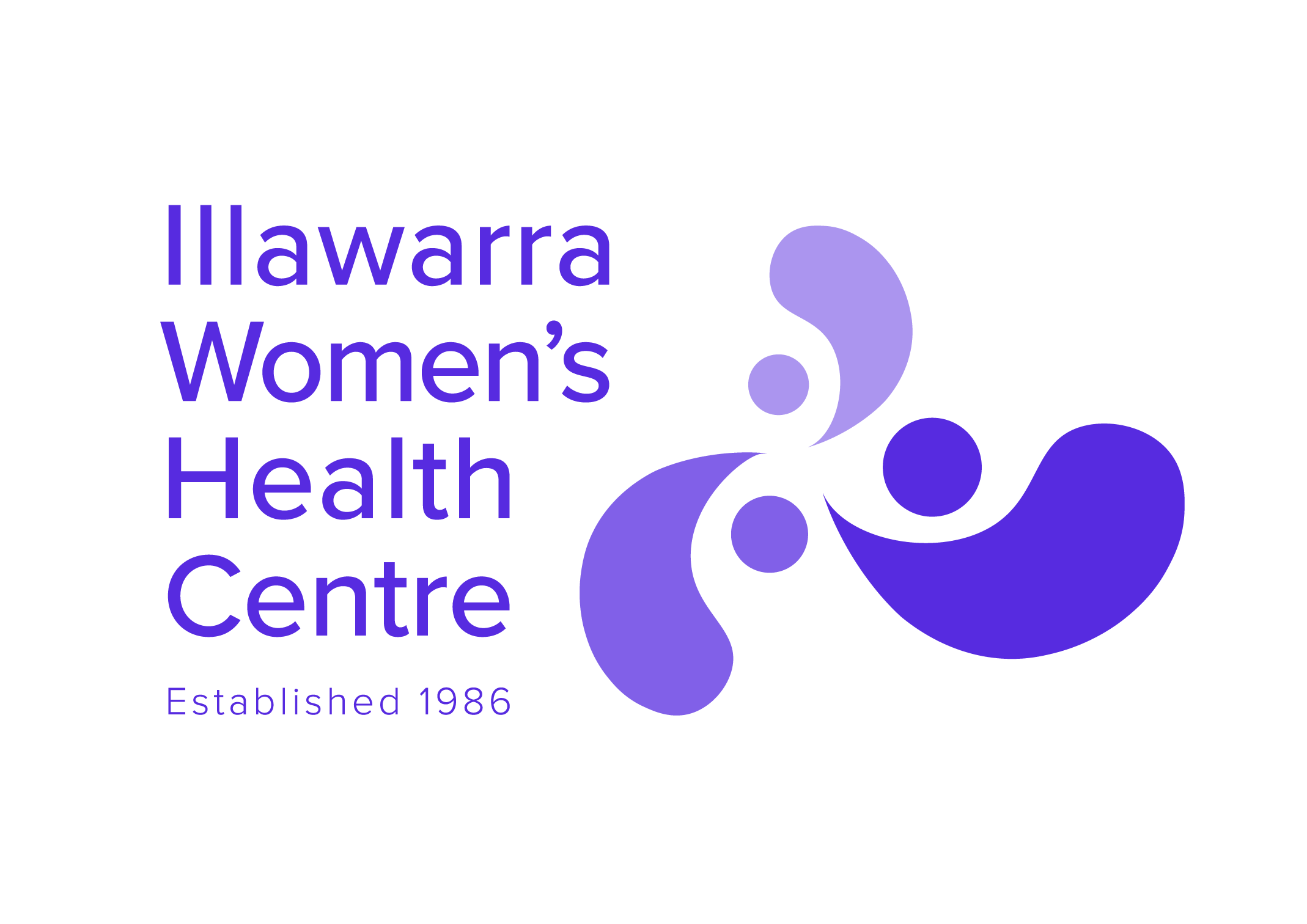Illawarra Mercury – Sally Stevenson AM
We are about to sign a new three-year contract, and every quarter we meet or exceed our key performance indicators.
We are a small, highly regarded community organisation. Government services refer women to us. Women come to us because they trust us. They also come to us because there is nowhere else to go.
In Shellharbour, domestic and family violence (DFV) rates over the last year have increased 27.3 per cent, according to NSW Bureau of Crime Statistics and Research. Sexual assault in the Illawarra has increased by 33.7 per cent for the same time period. These are reported cases and we know that only 10 per cent of cases are reported – which makes the actual figures horrifying.
Our centre is currently experiencing overwhelming demand for our DFV services, due to the impact of COVID-19. Our waiting list for counselling support exceeds three months.
To date, we have not received any new funding to meet this highly predictable situation and the projected increasing need for support from women.
Let’s take a step back. In March, despite all the global and national evidence that unequivocally predicted we would experience escalating DFV rates due to COVID, only $150 million of new funding was committed to the sector by the Morrison Government. $150 million across Australia.
Six months later, less than 50 per cent of this has been delivered. No new DFV funding was identified in the Federal budget announced on October 6. The National Women’s Safety Council announced in August it remains ‘concerned’ about DFV rates but made no recommendation or request for additional funds.
By comparison, COVID millions have flowed from the Federal Government to private sector organisations such as Crown Casino and New York University or from the NSW Government to bail out deeply mismanaged agencies such as icare ($4.1billion).
Why isn’t the government supporting the domestic and family violence sector? The Illawarra Women’s Health Centre is a frontline essential service, yet despite repeated pleas for additional funding since March, six months after the pandemic began, we have – instead – been forced to commit significant resources to compete for funds in an open tender process.
These are resources that would have otherwise have been providing support to women right now. Even if successful, the funding offers a maximum of $150,000 per organisation and must be spent within 12 months. This is equivalent to one counsellor for 18 months – despite crystal clear evidence that shows the health impact of DFV lasts for years.
The $150,000 up for grabs via tender comes from the $9 million allocated to NSW, via the second tranche of Commonwealth ‘s $150 million . The first tranche, a combination of federal and state funds, was just over $20 million and only available for organisations already contracted through the Department of Communities and Justice. This excluded health providers such as our Centre. Relative to need, these amounts are mere crumbs. According to KPMG, in 2015 DFV cost at least $190 million per year in the Illawarra alone.
“For our Centre, a government funded essential service, to allocate significant time and additional money to compete with other community health and DFV services – also overwhelmed with relentless demand – for this small amount of funding is not just insulting, its abusive” said the Centre’s Chairwoman, Judy Daunt. ‘Drip feeding small amounts of money, over which services must compete, and for which we must feign appreciation lest we be later penalised is exactly the kind of financial control we see in DFV relationships – this time replicated and amplified by government.’
As Special Mental Health Advisor to the Centre Dr Karen Williams explains: ‘Perpetrators of abuse use a well described technique where they provide ‘occasional indulgences’. The point of this is to reward compliant behaviour and assist adjustment to deprivation.
On this much larger systemic level a reward system through allocation of small grants is designed to keep those seeking increased funding believing their needs are being met as best as it can be and keep them from more loudly protesting the inadequacy of response to this issue.’
Additionally, we are spun a line, just as abusers do to their victims, that in fact there is no or very little money which can be distributed. There just really isn’t enough to fully fund DFV services, we are told. We are one of the wealthiest countries in the world at the wealthiest time in human history. It is an untruth that the government cannot afford to support women who are being abused. It simply chooses not to priorities such services. We see time and again, when money is needed, it can be found.
Dr Karen Williams says ‘competitive tendering gives a perception that there is very little money available to address these very real issues…and when that money is not given it leaves those applying for it with the belief that they had somehow not been good enough or worthy enough to receive the money’.
The Federal Government reports that it’s COVID-19 Response Package since the onset of the pandemic totals $198 billion, including $184 billion in economic response measures and $14 billion in health response measures. $150 million is 0.08% of the total.
This current tendering process also reflects poor financial management: avoidable costs include our time, the cost of administering the tender process, and the cost of prolonged physical and mental injury for women seeking safety and support during the months it takes to complete tender process. Research undertaken by Annalise Tenhave of the University of Wollongong shows the NSW Government sees the tender process as value for money and an opportunity for small to medium organisations.
However, a number of aspects of the tender process suggest that it is an unsuitable process for the social services sector. In 2014, a Senate Standing Committee on Community Affairs noted that when grants become available, an entire sector operates at reduced capacity due to diverting resources to complete the application process. In small organisations offering specialised services, draining resources from attending to clients significantly impacts clients’ ability to access services. In DFV contexts, the inability to access services can have disastrous consequences.
The committee also reported that larger organisations generally benefit more from competitive tender process compared to smaller organisations, as they have greater access to resources which aid the writing of submissions.
When larger organisations are funded and favoured in tendering, communities lose the expertise of smaller, local organisations. Local organisations such as our centre are embedded in communities and have built long-term relationships, essential in the DFV context. The NSW Council of Social Services recommended that funding initiatives would better serve the community by investing in and building up the capacity of existing local organisations which would capitalise upon the established connections.
Similarly, when tendering diverts resources away from providing services, those who reach out but cannot make contact suffer. The courage DFV victims need to connect to services is often immense and when support is unavailable due to limited resources it can be a huge disincentive to trying again.
Overall, the impact of tendering in social services is summarised by the following observation of the NSW Council of Social Services: time dedicated to tendering diverts resources better used attending to client needs, undermining the sustainability of an organisation leading to the loss of community specific knowledge and ultimately resulting in greater inefficiency. By allocating funds directly to accredited and audited organisations, there is a significant increase in value-for-money: it is a much smarter investment.
At our centre we see women every day who are experiencing violence and abuse, including financial abuse, a key aspect of ‘coercive control’, a central characteristic of DFV that restricts a woman’s freedom. It involves a perpetrator using or misusing money to limit and control their partner’s current and future actions and their freedom of choice.
In this COVID created shadow DFV pandemic, inadequate funding and competitive funding processes make it feel like the our centre is currently the victim of financial abuse – the manipulation of money and other economic resources depriving women of the support and assistance needed for independence, resistance and escape from a toxic abusive relationship.
Sally Stevenson is the general manager of the Illawarra Women’s Health Centre.

